NextGen Ecosystem Builders Africa 2020
Partners

About The Program
Village Capital and African Management Institute launch a management training program for the next generation of talent within entrepreneur support organisations in Africa.
Africa’s startup ecosystems have experienced incredible growth in recent years, driven in part by the rise of entrepreneur support organisations (ESOs) which encompass coworking spaces, accelerators, incubators, business advisory firms, markerspaces/fablabs and tech hubs. The number of active Tech Hubs has tripled from 200 in 2015 to more than 600 in 2019.
These organisations are critical to the success of Africa’s burgeoning entrepreneurship sector, providing entrepreneurs with business training, access to markets, networks and mentors, financial and social capital, and in-kind support. They are key to unlocking the pipeline of early-stage innovation in Africa, and driving investment and job creation across the continent.
However, these ESOs face their own barriers to sustainability and growth. As highlighted in Village Capital’s 2019 report Unlocking Pipeline, these barriers include talent attraction and retention, the ability to absorb increasing amounts of capital from donors, impact measurement, efficiency and productivity of internal operations, and time/budget to develop, test and enhance products and services.
All of these challenges can be overcome through the vision and execution of a strong team, especially the mid-level managers who lead programs or departments and are responsible for the successful implementation of services/programs for entrepreneurs. These mid-level team members with the strategic guidance of strong leadership are the key to delivering exceptional outcomes at the organisational level.
Currently, overstretched budgets and intense program schedules leave very little time to provide these critical team members with skill enhancement and professional development to overcome these barriers and deliver better outcomes to the entrepreneurs and enterprises they serve.
Village Capital and African Management Institute, with support from the Dutch Good Growth Fund, have launched a management training program for the next generation of talent within entrepreneur support organisations in Africa.
Program Overview
This management development program includes training on both technical skills and soft skills for participating mid-level team members and includes;
Understanding your ecosystem, target entrepreneurs and engaging stakeholders
Planning, executing and measuring the impact of a program/service for entrepreneurs
Professional and management skill development
Developing a culture of performance
A practical implementation project within your organisation
Cost to attend in-person training and all learning resources for 2 team members
Participants will also have the opportunity to connect with and learn from a network of peers and mentors across the continent, dedicated to the same vision of an integrated African ecosystem.
The program is designed to deliver impact at an organisational level. Although the training will be with the mid-level team members (department leads, partnerships, managers, incubator and accelerator managers, program managers) it will include significant input and time with at least one member of leadership (e.g. Managing Director, CEO, Founder/Co-Founder, COO) committing to support the team members throughout the program to deliver outcomes at an organisational level.
Cohort

Thokoza Mjo
Head of Youth Venture Acceleration, African Leadership Academy

Dimakatso Sekhoto-Iga (Nono)
Sector Lead Consultant, African Leadership Academy

Nadine Dofonou
Senior Innovation Project Manager, Sèmè City

Sandra Dossa
Incubation and Acceleration Programs Manager, Sèmè City

Ellen Mndima
Senior Business Development Manager, Anza
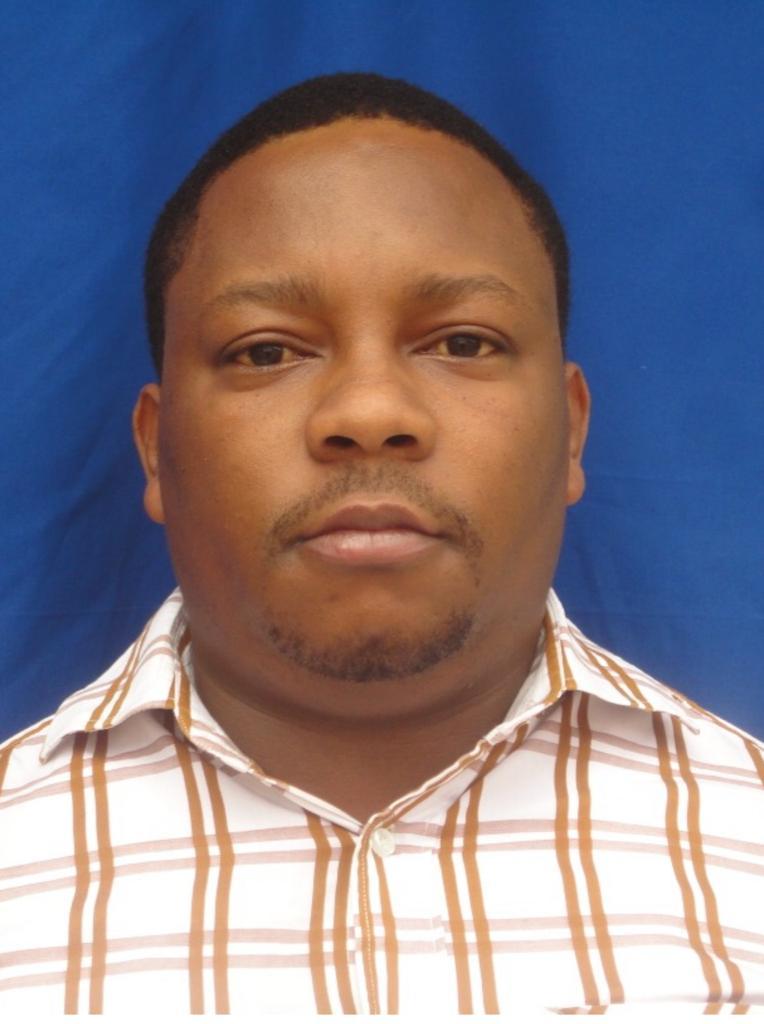
Stephen Mallya
Business Development Advisor, Anza

Peter Wamunyima Nawa
Startup Coach, BongoHive

Sekayi Fundafunda
Campus Innovation Lead, Bongo Hive
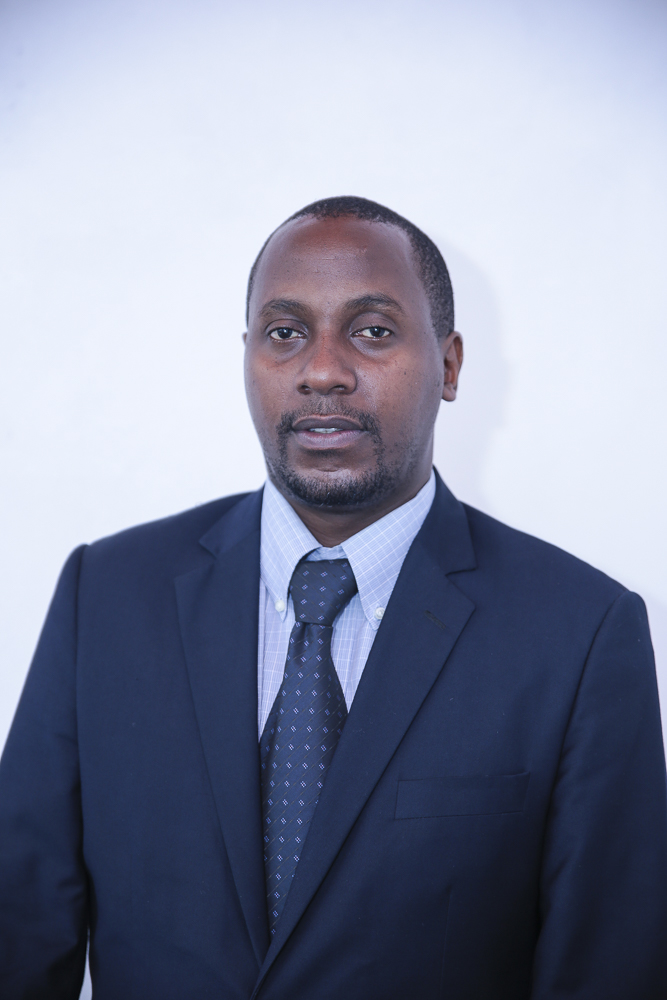
Guillaume Ndayizigiya
Vice CEO, Burundi Business Incubator

Bruce Vaillant Ntangibingura
Programs Director, Burundi Business Incubator
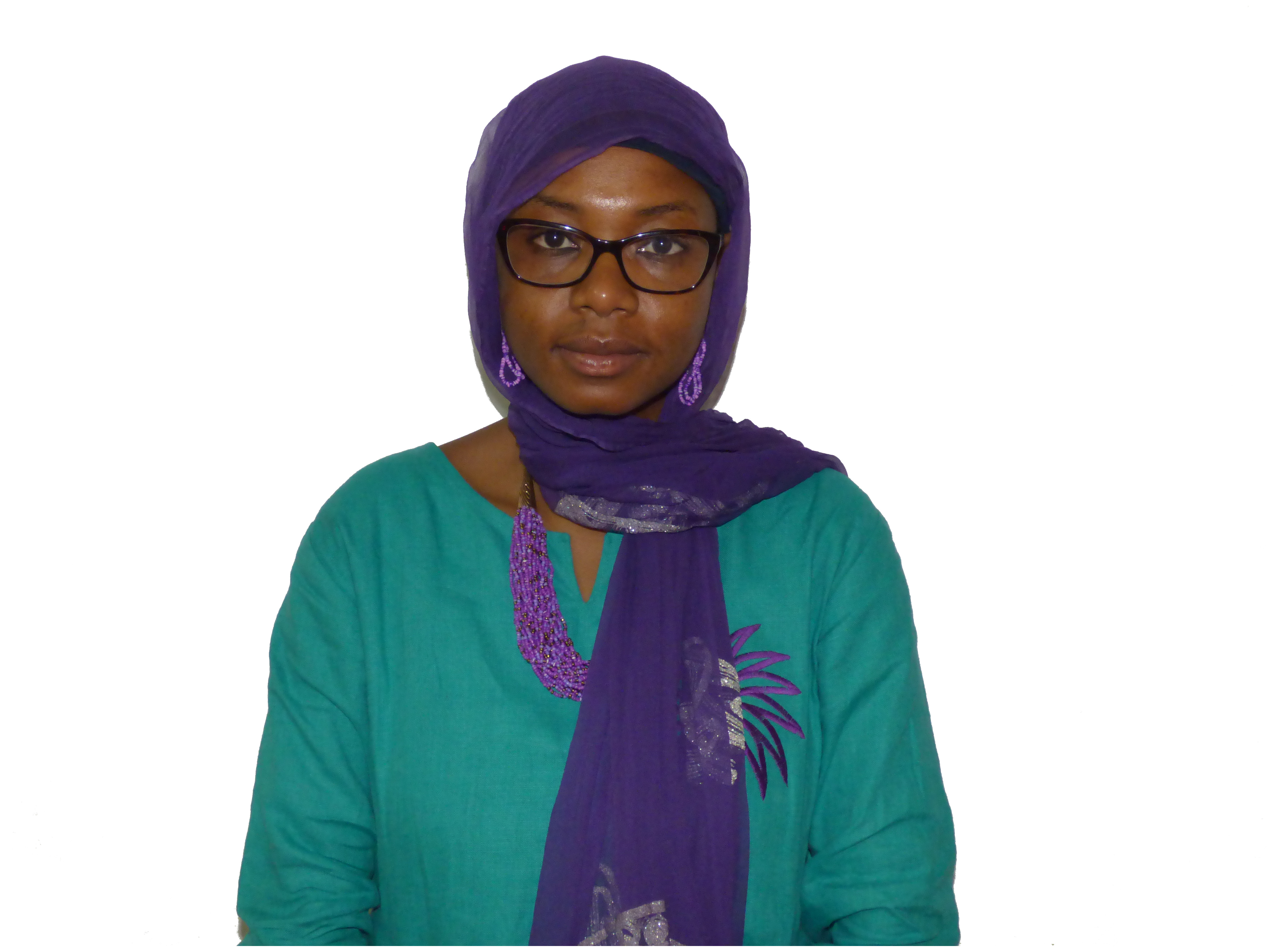
Djamilatou Ibrahim Mamane
International Communications and Development Officer, CIPMEN

Issaka Adamou Boukari
Business Manager, CIPMEN

Carine Vavaseur
Ecosystem Builder, Délégation Générale à l'Entrepreneuriat Rapide des Femmes et des Jeunes (DER F/J)

Thierno Sakho
Portfolio Manager - digital economy/ innovation (DER F/J)
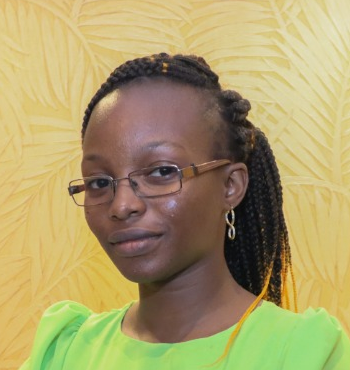
Odjouman Allagbe
Communications Manager, Energy Generation
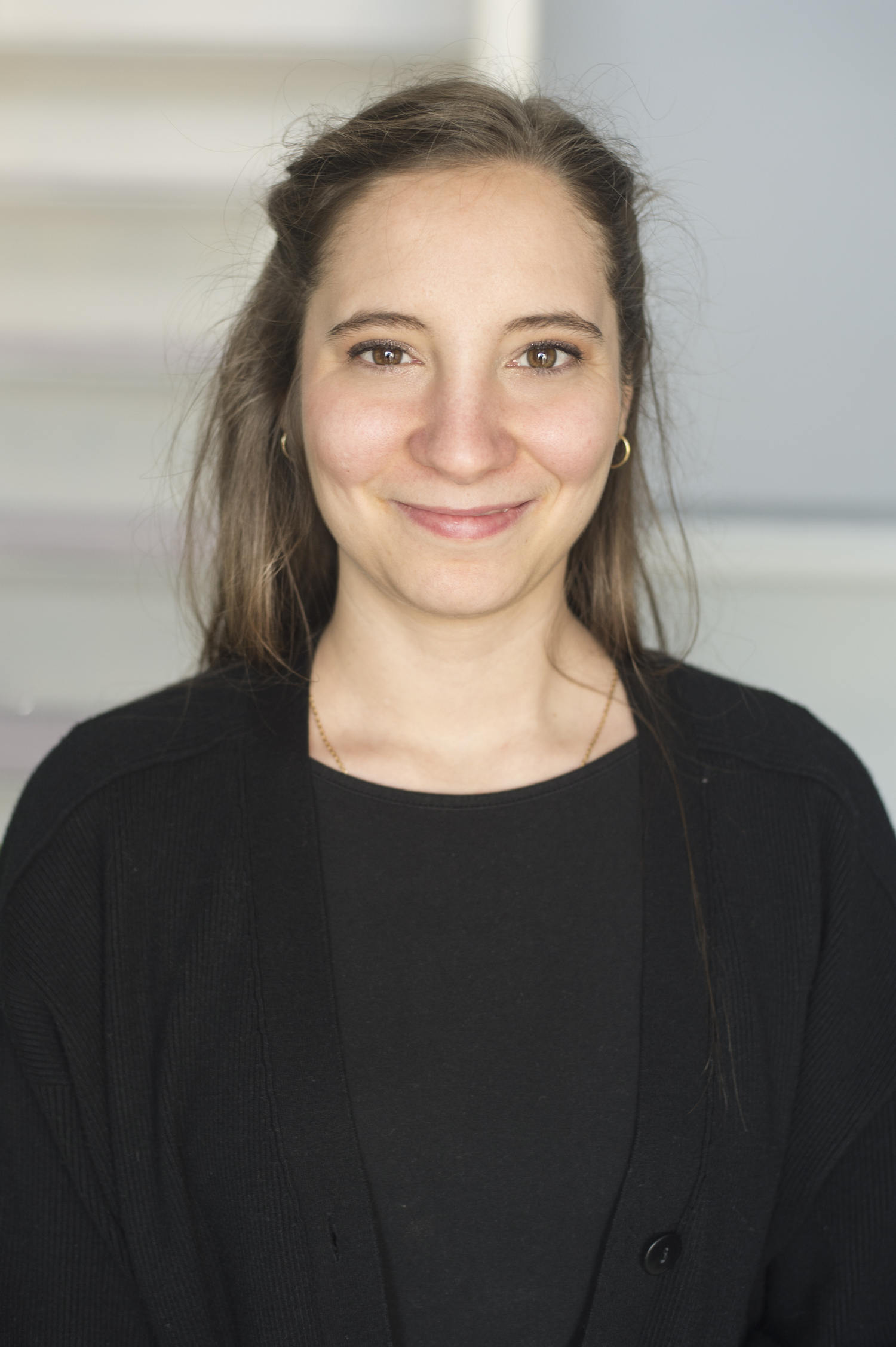
Lucie Beaurain
Entrepreneurship Program Manager, Energy Generation

Ruby Nimkar
Operational Lead for GreenHouse Capital

Mary Joseph
Senior Associate, GreenHouse Capital

Douglas Israel Boateng
Hub Manager, HapaSpace
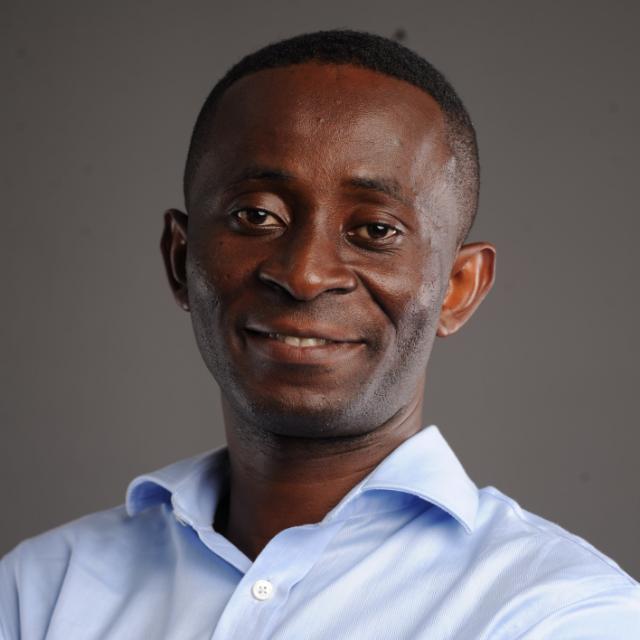
Gideon Brefo
Head of Operations at HapaSpace
Ahmed Allie
Manager at Harhub
Khadra Ali
Hub Manager, HarHub

Shary Lima
Administrative Manager, Ingenious City

Cécilia Bituka
Business Incubator Manager, Ingenious City

Manuel Rego
Action Catalyst, ideiaLab

Adelina Nhanara
Action Catalyst, ideiaLab
Mame Oulimata Sané
Project Manager, Impact Hub Dakar

Karmen Sio
Operations Manager, Impact Hub Dakar

Lyndsey Petro
Portfolio Manager, Innovation Edge
Temitope A. Ogunyoku
Portfolio Manager, Innovation Edge

Yolanda Bulirani
Communication and Partnerships Manager, mHub

Eve Kasambara
Entrepreneurship Development Lead, mHub

Thaheer Mullins
Commercialization Manager, Savant

Mohamed Hemoh
Program Manager, Sensi Tech Hub

James Yorpoi
Hub Manager, Sensi Tech Hub

Modou A. Njie
Chapter Director, Startup Grind Banjul

Bigi Bah
Programme Coordinator, Startup Grind Banjul

Brian Ndyaguma
Programs Lead, The Innovation Village

Samantha Niyonsaba
Innovation Manager, The Innovation Village

Varaidzo Majada
Operations Director, The TechVillage Innovation Hub
Natalie Moyo
Village Services Manager, The TechVillage Innovation Hub

Mohamed Felata
Product and Innovation Manager, Ventures Platform

Gina Anthony-Essien
Community Manager, Ventures Platform

Gibson Muriuki
Investment Manager, Villgro Kenya

Snider Mugese
Finance and Accounts Officer, Villgro Kenya

Kissiedu Sandra
Lagos Community Manager, Wennovation hub

Uche Ihim
Abuja Hub Lead/Community Manager, Wennovation hub
Eligibility
This program is designed for ESOs that are ready for the next stage in their growth and see their mid-level managers as critical to unlocking this potential. As such, applications are reviewed at an organisational level with each organisation nominating 2 team members.*
This program is best suited to entrepreneur support organisations (ESOs) coworking spaces, accelerators, incubators, business advisory firms, markerspaces/fablabs and tech hubs focused on supporting early-stage small and medium enterprises and/or startups. The ideal profile of ESO has been in operation for more than 2 years, have grown from co-founder/founder to 5+ employees including middle management (department leads, partnership managers, incubator and accelerator managers, program managers). ESO’s should have multiple lines of business or departments, raised funding, offer support programs and/or services for entrepreneurs and can demonstrate traction. Nominated participants should be managing their own department, line of business or program and directly manage or indirectly manage people to deliver results.
The program will be offered in English and in French. Applications will be accepted in both languages. A basic level of English is required for logistics organising but facilitation and learning will be available in French for French speakers.
Target Countries
Angola, Benin, Botswana, Burkina Faso, Burundi, Cameroon, Chad, Democratic Republic of Congo, Djibouti, Eritrea, Ethiopia, Gambia, Ghana, Guinea, Ivory Coast, Cape Verde, Kenya, Liberia, Madagascar, Malawi, Mali, Mozambique, Niger, Nigeria, Uganda, Rwanda, Sao Tome and Principe, Senegal, Sierra Leone, Somalia, South Africa, South Sudan, Sudan, Tanzania, Togo, Zambia, Zimbabwe
The Workshops

We will select around 20 organisations, each will nominate 2 mid-level managers* to attend the training. We will host three learning labs: one in-person in Nairobi and two remotely. The dates are as follows:
Learning Lab 1 (virtual) : June 8-12
Learning Lab 2 (virtual) : week of July 27th
Learning Lab 3: ( TBC) : Week of September 14th
The deadline to apply for this program is 30th January 2020.
*Expenses will be covered for the two nominated team members to attend the training including accommodation, flights and F&B. During the scoping of this program, some organisations expressed interest to send more than 2 members of their team. We are considering this and will provide an opportunity for those interested to indicate on their application form. Costs for additional team members would likely need to be covered by the ESO.
Advisory Board

Erick Yong
CEO and Co-Founder of GreenTec Capital Partners

Mabinty Koroma-Moore
Founder and CEO of Legacy Impact Venture Enterprises Africa (LIVE Africa/Kuishi Afrika)
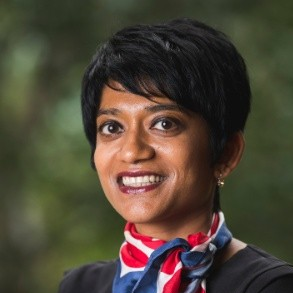
Sharmi Surianarain
Chief Impact Officer at Harambee Youth Employment Accelerator
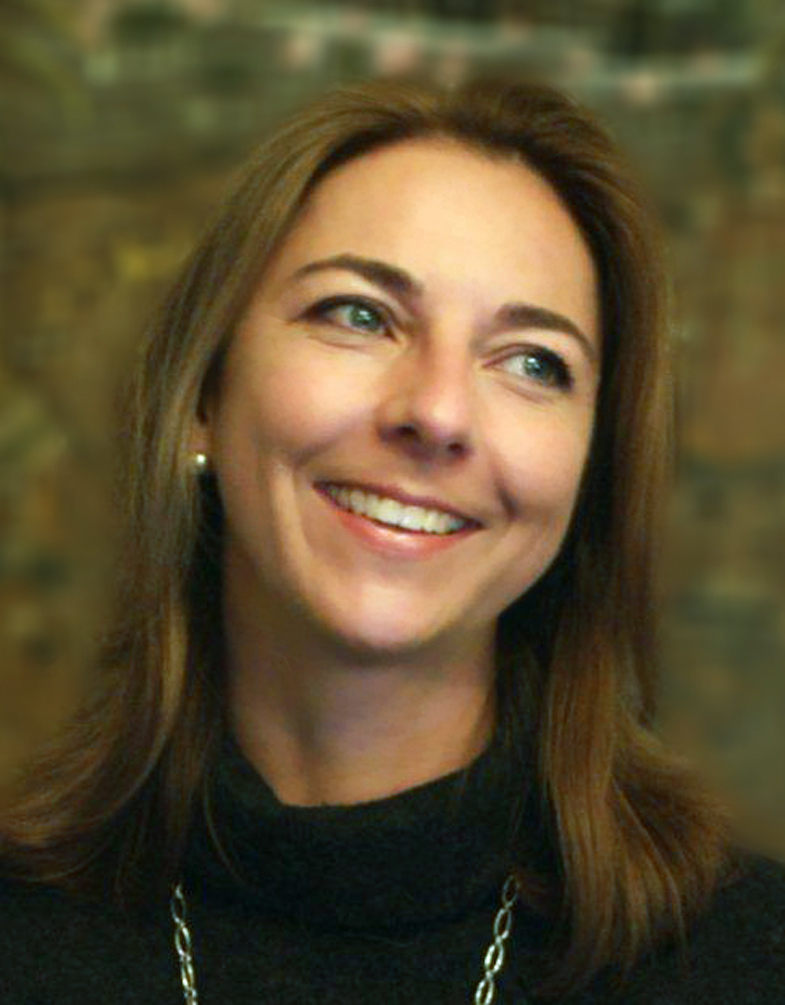
Jane Kelly
Head of Enterprise & Livelihoods/CSR Advisor at Vitol Foundation
Isadora Bigourdan
French Agency for Development - Team leader & mentor. Social innovation & inclusive business
Martin Karanja
Market Engagement Director for GSMA Ecosystem Accelerator Programme
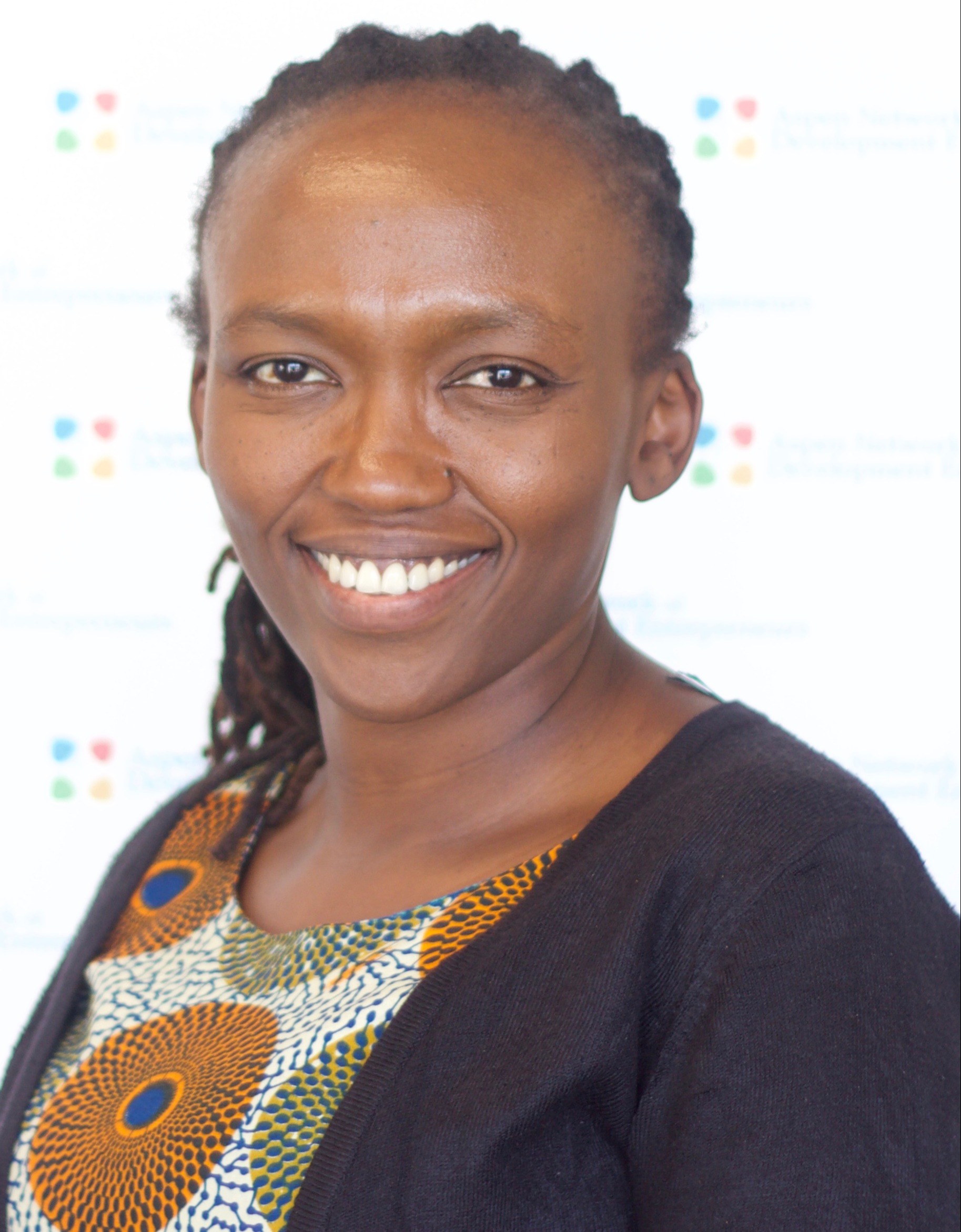
Maryanne Ochola
Regional Chapter Manager for the Aspen Network of Development Entrepreneurs (ANDE) in East Africa

Megan McCarthy
Strategic Partnerships Manager at Blue Haven Initiative

Ndeye Absa Gningue
Senior Innovation Platform Officer within the Jobs for Youth in Africa (JfYA) Department at the AFRICAN DEVELOPMENT BANK (AfDB)

Zachariah (Zach) George
Co-founder and Chief Investment Officer of Startupbootcamp Africa

















































